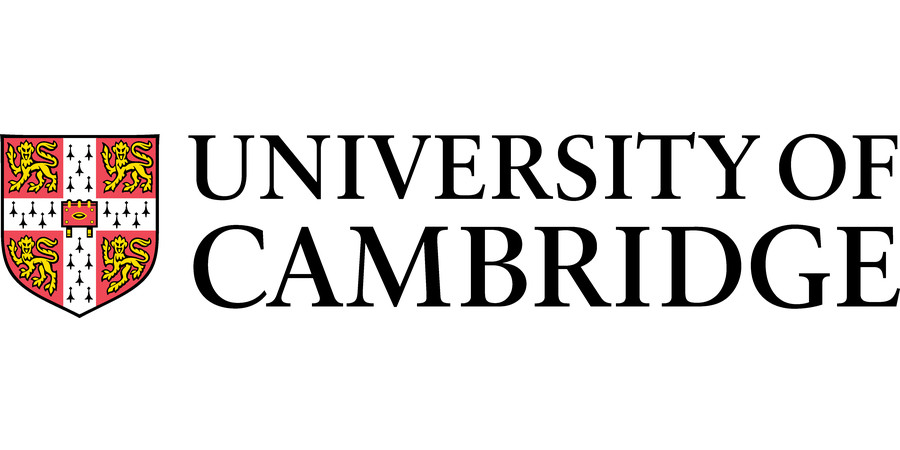Research Assistant/Associate in Computational Biology (Fixed Term)
University of Cambridge - Sainsbury Laboratory
| Location: | Cambridge |
|---|---|
| Salary: | Grade 5 - £32,296- £34,866 or Grade 7 - £34,866- £45,163 |
| Hours: | Full Time |
| Contract Type: | Fixed-Term/Contract |
| Placed On: | 9th January 2025 |
|---|---|
| Closes: | 31st January 2025 |
| Job Ref: | PT44604 |
Applications are invited for a Research Associate (RA) position in the group of Professor Henrik Jönsson at the Sainsbury Laboratory, Cambridge University, to carry out fundamental research in the field of Computational Morphodynamics in plants. The work will be within the ERC-funded project RESYDE (https://www2.hu-berlin.de/resyde/) with the aim to build a virtual flower using multi-level data and computational modelling to be used to design and re-engineer flower architecture.
The main focus of the RA's part of the project will be on generating the virtual flower by mapping multiple data types and simulation outputs onto a cellularised 4D geometrical description of early flower development. The project will require image processing approaches including cell segmentation and tracking, tissue registration and mapping data of different resolutions and origins onto the virtual flower. It will build upon on computational modelling of gene regulatory networks, hormone signalling and transport and/or mechanics for predicting the regulation of symmetry breaks in the patterning process, and AI methods for generating regulatory hypotheses between genes, hormones and physical properties. The successful applicant should have or build a strong interest in solving problems related to flower development and they will have the opportunity to develop skills in advanced live microscopy and plant and molecular biology techniques.
Applicants must have or be close to obtaining a PhD in Computational Biology, Physics, Applied Mathematics, Computer Science, Bioengineering, Systems Biology or a related field. Proficiency in image analysis methods and tissue registration is required. Candidates are expected to have experience in the following areas: image segmentation and registration, computational modelling. Software development in C++ and/or Python will be expected together with the development and use of tools for advanced quantitative analysis. Expertise in systems biology and/or theoretical biophysics and development of Machine Learning and Neural Network methods would also be advantageous.
The successful applicant will be an excellent team player, solution oriented and self-motivated. We are looking for a person keen to work in a highly collaborative set-up and enthusiastic to join our diverse and interdisciplinary team. Solid communication skills are required to interact with group members and other researchers within the RESYDE project and at SLCU with different scientific backgrounds. The post holder may be required to assist in the supervision of student projects, provide instructions to students and deliver seminars relating to their research area. Candidates should also demonstrate a history of science communication (e.g. presentations, outreach activities, teaching) and have a proven track record of scientific publications. The successful candidate will be fully involved in the fundamental research whilst also writing up their research work for presentation and publication.
The Laboratory provides a welcoming and collaborative environment with a wide-range of family-friendly benefits and development opportunities. More about the Sainsbury Laboratory, generic further information for the role and details of what the University offers to employees, can be found at: https://www.slcu.cam.ac.uk/
The post is available from May 2025.
Please ensure that you upload a copy of your full CV including a list of publications, a cover letter highlighting your suitability for the position and why you want to join the Jönsson group and the RESYDE project, and contact information of three referees.
The University actively supports equality, diversity and inclusion and encourages applications from all sections of society.
Advert information
Type / Role:
Subject Area(s):
Location(s):









